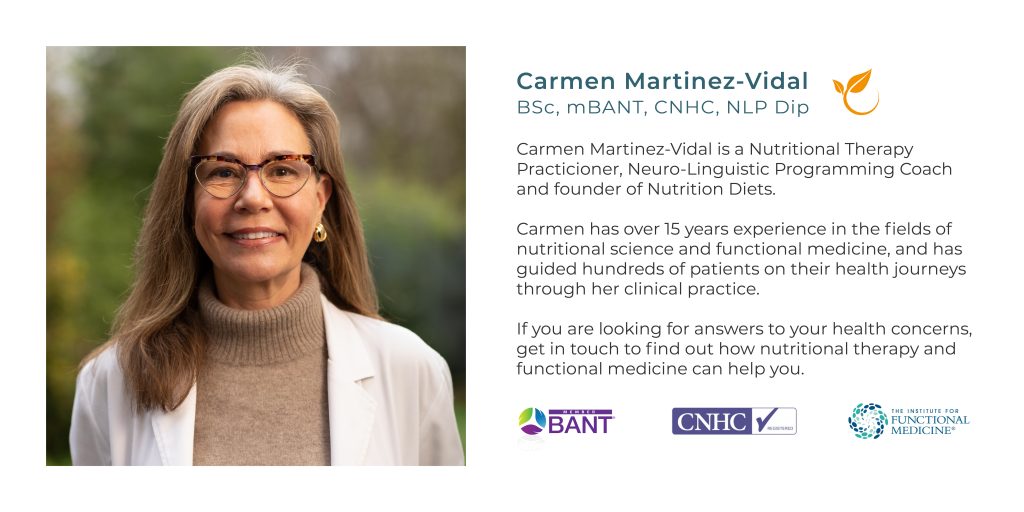WHAT IS THE ROLE OF THE LIVER?
The liver is a vital organ with a multitude of essential functions in the body. It acts as a detoxifier, metaboliser, synthesiser, and storage unit for nutrients, vitamins, and minerals. In addition, it plays a role in the immune system by producing immune factors and removing harmful bacteria from the blood. However, with the rise of obesity, excessive alcohol consumption, and viral hepatitis, liver disease is becoming more prevalent, often due to a lack of awareness and funding.
It’s important to note that the liver has the ability to self-repair, but only to a certain extent, and liver disease is often detected at a late stage, making treatment difficult. Therefore, it’s crucial to understand the risk factors and take preventative measures to maintain a healthy liver.
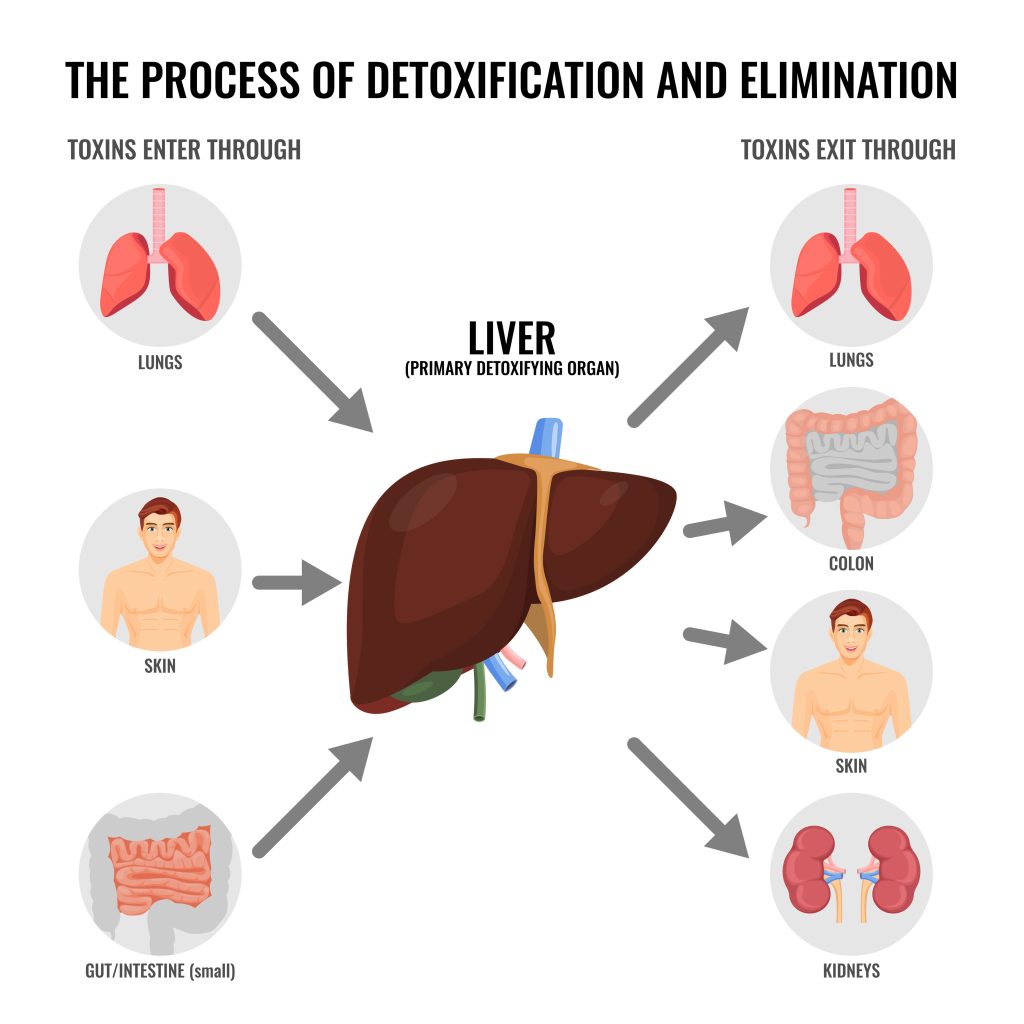
WHAT IS FATTY LIVER?
Fatty liver disease occurs when excess fat is stored in the liver, which can lead to inflammation, scarring, and liver damage over time. A healthy liver should contain little or no fat, so when fat accumulates to 5% to 10% of the liver’s weight, it becomes a problem.
Being overweight and having conditions such as type 2 diabetes and heart disease are closely linked to the development of fatty liver disease. As a result, many people seek nutritional advice to manage the condition.
Nonalcoholic fatty liver disease (NAFLD) is the term used when fatty liver disease is caused by factors other than alcohol. Overtime, NAFLD can progress to nonalcoholic steatohepatitis (NASH), which is a more severe form of the disease that can lead to liver failure.
It’s important to take action to prevent and manage fatty liver disease through lifestyle changes, such as maintaining a healthy weight, eating a balanced diet, and exercising regularly. Working with a healthcare provider and seeking nutritional advice can also help manage the condition and prevent long-term liver damage.
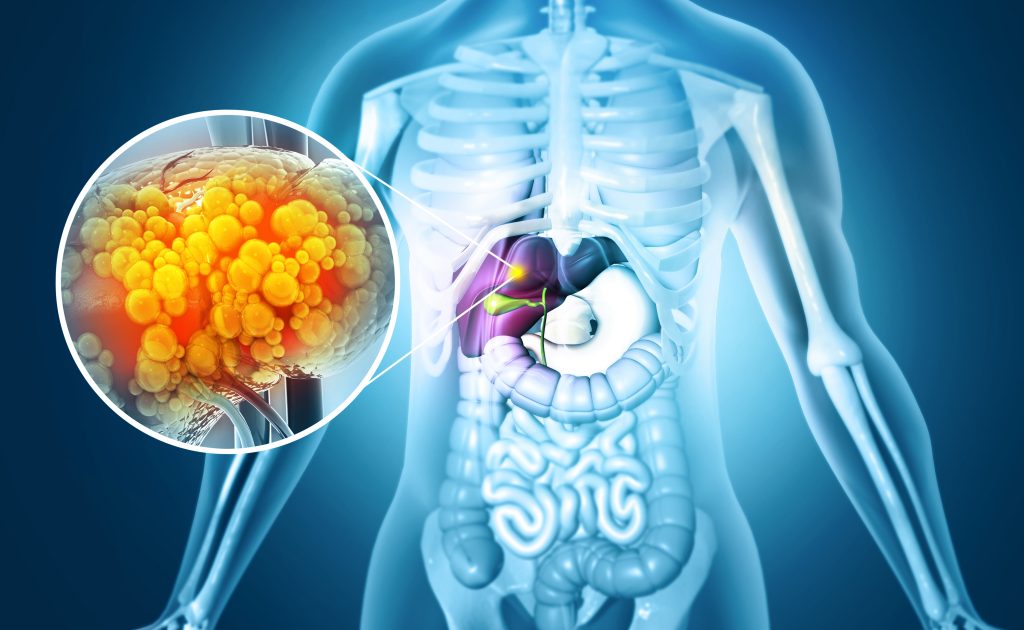
WHAT CAUSES NONALCOHOLIC FATTY LIVER DISEASE (NAFLD)?
NAFLD is estimated to affect up to 1 in 3 people in the UK, with rates increasing with rising levels of obesity. Although most cases of NAFLD are linked to excess weight, you can develop the disease even if you have a healthy weight.
Other risk factors include:
- having a high waist measurement
- type 2 diabetes
- underactive thyroid
- high blood lipids such as cholesterol, high blood pressure
- metabolic syndrome
- a diet with too many unhealthy foods and drinks
- low levels of physical activity or spending a lot of time sitting down
- other conditions linked to insulin resistance such as polycystic ovary syndrome
HOW IS NAFLD DIAGNOSED?
NAFLD can be a silent disease that progresses to cirrhosis without symptoms and it is sometimes found during standard tests for another health problem.
A routine blood draw can provide insight into liver function, with measurements of two key enzymes, Alanine Aminotransferase (ALT) and Aspartate Aminotransferase (AST), partially indicating the health of your liver.
Based on these results, doctors and functional medicine practitioners can take appropriate steps to investigate further and refer you for additional tests or treatments, in order to create an informed therapy plan.
WHAT ARE THE SYMPTOMS OF NAFLD?
Signs and symptoms of NAFLD include:
- malaise
- fatigue
- abdominal pain
- loss of appetite
- nausea
- weight loss
- pale stools
- jaundice
- dark urine
WHY IS FATTY LIVER DISEASE BAD?
In most cases, fatty liver disease doesn’t cause any serious problems or prevent your liver from functioning normally. But for 7% to 30% of people with the condition, it gets worse over time. It progresses through three stages:
- Steatohepatitis: your liver becomes inflamed, which damages its tissue
- Fibrosis: scar tissue forms where your liver is damaged
- Cirrhosis: extensive scar tissue replaces healthy tissue
The good news is that by adopting a healthy diet and positive lifestyle changes, it is possible to prevent or even reverse fatty liver disease. In fact, 90% of liver disease is preventable.
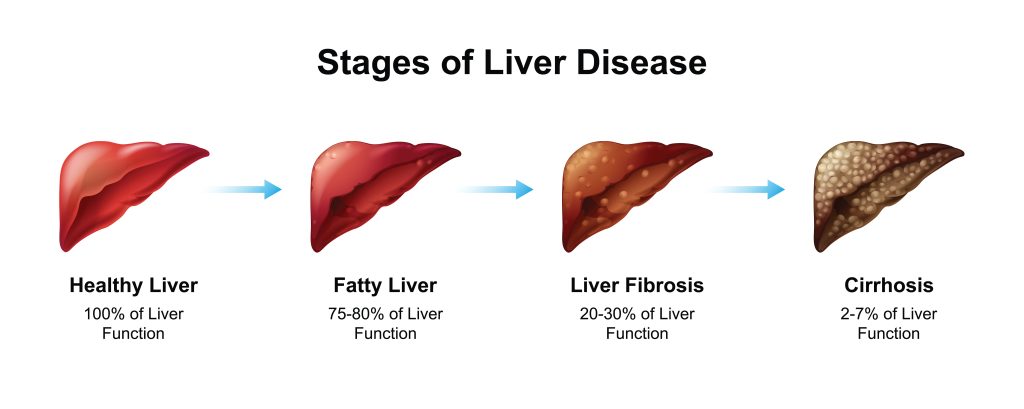
THE IMPORTANCE OF A HEALTHY LIVER
As we discussed in our March 2023 blog ‘How To Improve Liver & Gall Bladder Health’, the liver is a vital organ that performs multiple functions, including converting food to fuel, filtering harmful toxins, producing proteins for blood clotting, and producing bile, which aids in digestion and fat absorption.
One of the liver’s most crucial functions is detoxification, filtering everything that enters our body and eliminating toxins while retaining essential nutrients.
Additionally, the liver helps regulate blood sugar levels by releasing sugar when it’s low, so a healthy liver is essential for preventing NAFLD.
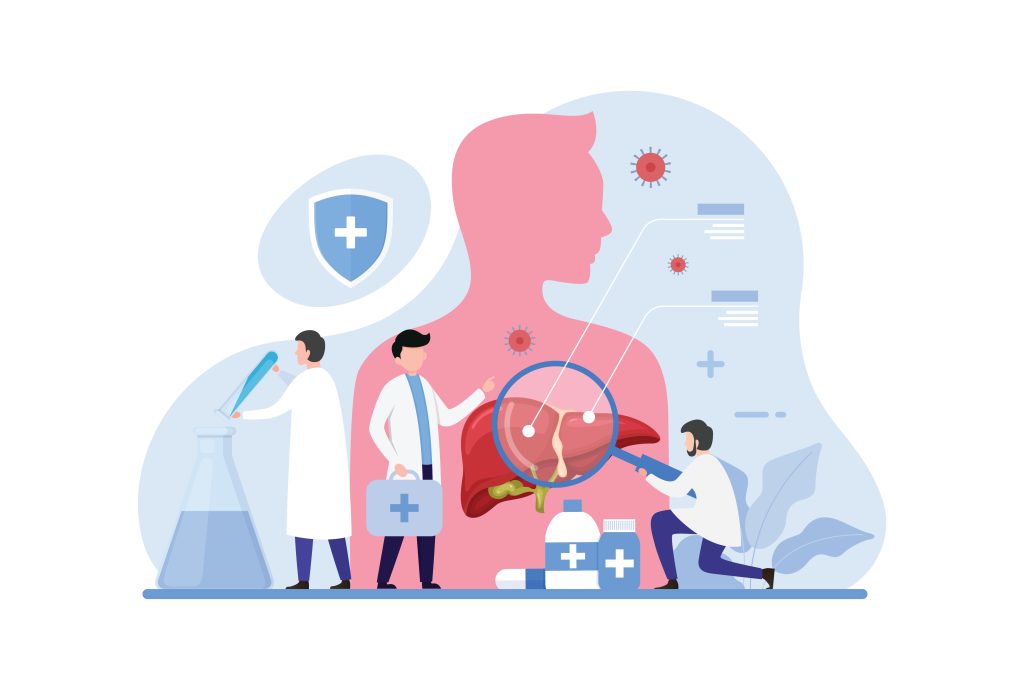
HOW CAN NUTRITIONAL THERAPY TREAT FATTY LIVER DISEASE?
Fatty liver disease can be prevented and treated with the right nutritional and lifestyle changes. Seeking the guidance of a Functional Medicine Nutritionist can help identify the underlying cause of symptoms that may be associated with liver disease or other forms of chronic illness.
1. CLEAN DETOX PROGRAM
A “Clean Detox Program” is a liver detoxification process that is beneficial for both your liver and overall health. At Nutrition Diets, we specialise in this program and have successfully guided many clients through the process.
2. YEARLY BLOOD TEST
Regular blood tests are an important preventative measure for maintaining overall health as well as identifying liver disease. At Nutrition Diets, we recommend having a full blood count analysis during your Initial Consultation. This can help identify potential risk factors such as high blood pressure, high blood cholesterol, and diabetes, and allow us to take steps to control and manage them.
3. BALANCED DIET
To maintain a healthy liver, it is important to adopt a well-balanced diet and stay hydrated. This should be a daily habit, and can be achieved by reducing fats and excess sugars while incorporating more fish, fruits, and vegetables. Bitter foods and herbs such as rocket, endives, chicory, beets, and milk thistle can also support liver health by optimising bile production and flow.
4. REDUCE INTAKE OF CARBOHYDRATES
Reducing carbohydrate intake can prevent NAFLD progression, as sugar-sweetened beverages and high fructose consumption are associated with liver fat and increased hepatic fibrosis markers. Excess carbohydrate consumption, especially in those with type II diabetes, can lead to fatty liver. The Mediterranean diet has numerous benefits, such as reducing inflammation, cardiovascular disease, and oxidative stress at the cellular level. Inflammation is a major contributor to many diseases, and excessive alcohol consumption, high BMI, heavy smoking, and urban toxins can contribute to inflammation.
5. GET REGULAR EXERCISE
Regular exercise is crucial for a healthy lifestyle. Aim to incorporate at least 20-30 minutes of physical activity into your daily routine.
6. AVOID ALCOHOL AND SMOKING
Alcohol can damage liver cells, impair liver function, and lead to inflammation and scarring of the liver.
Smoking can also contribute to liver disease by increasing oxidative stress and inflammation in the liver. It can also increase the risk of developing liver cancer.
7. GET QUALITY SLEEP AND REDUCE STRESS
Sleep deprivation can lead to an accumulation of fat in the liver and increase the risk of developing non-alcoholic fatty liver disease (NAFLD). Chronic stress can increase inflammation in the body and contribute to the development of liver disease. It can also cause changes in the gut microbiome, which can impact liver health. Therefore, it’s important to prioritise healthy sleep habits and manage stress as part of a comprehensive approach to liver disease prevention and treatment.
YOUR HEALTH. YOUR CHOICE.
The liver performs multiple critical functions to support your overall health and well-being.
We offer thorough clinical assessment via easy and convenient online consultations, personalised nutritional therapy solutions and comprehensive Functional testing to identify any potential issues with liver function.
Speak to one of our expert practitioners to learn how to support your liver and prevent liver disease.
